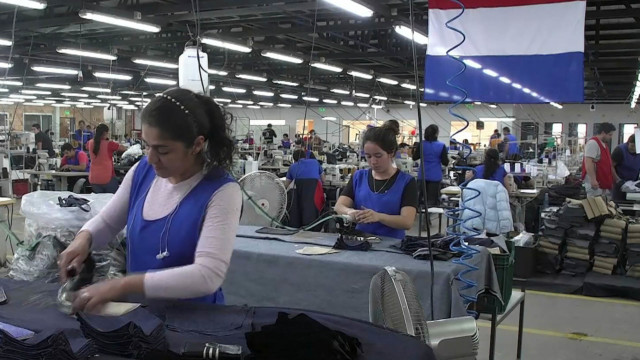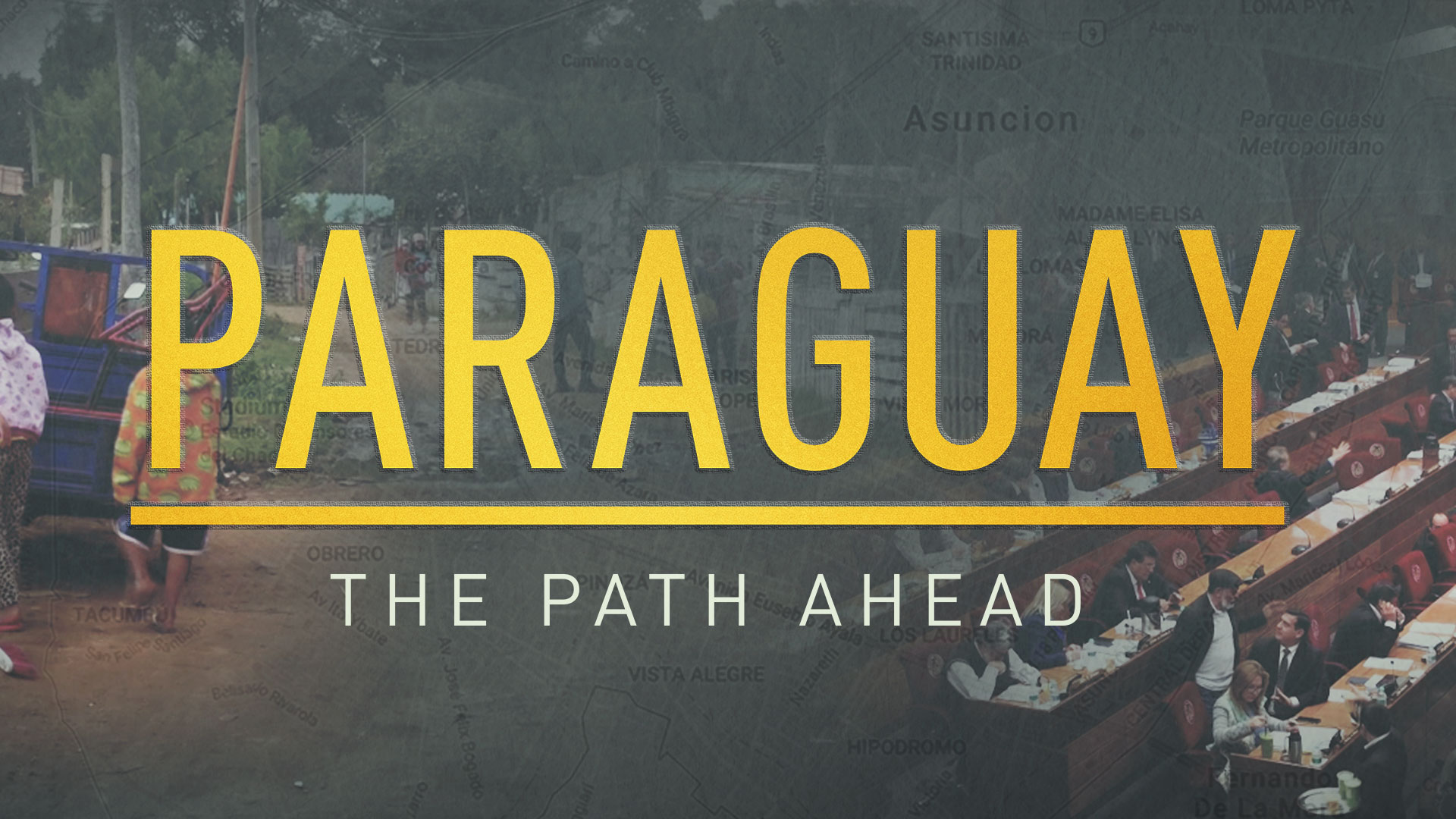Over the last three years, Paraguay has stepped up its efforts to attract foreign investment, offering aggressive tax reductions for companies willing to use the country as an export base.
Dozens of firms have already set up operation in the South American country, in particular Brazil.
CGTN’s Paulo Cabral explains.
According to the government, almost 80 companies set-up operations in Paraguay between 2013 and 2016 under the Maquila Law, which offers a flat tax of one percent for industries that export all of their production, creating nearly 6500 jobs. About two-thirds of the investment is estimated to have come from Brazil.
Paraguay’s plan is to grow as manufacturing hub here in South America by better integrating its industries to the economies of its larger neighbors, like Brazil.
“I think it has to do with life cycles of industries. Maybe there are industries that got to their peak in Brazil, and they need more competitiveness. I think what changed with Brazil and Argentina is the approach. The approach used to be “why don’t you let us get into your market, you are protectionist” and now we say, “Hey, you are bringing 60 billion dollars from other sources, why don’t we substitute and we give you a better product for a better price,” Gustavo Leite, Minister of Trade and Industry of Paraguay said.
Blue Design, an Argentinian textile, which specializes mostly in trousers, industry set up its factory here to export to their Latin American customers, mainly Argentina, Brazil and Chile, taking advantage of much lower production costs.
“Labor costs in Brazil, Argentina and, above all, Chile are too high. So now, Paraguay offers a workforce at very competitive costs and also has taxes that make it almost a tax haven,” Jorge Bunchicoff, CEO of Blue Design said.
However, some analysts question if the tax benefits for the companies that use the Maquila Law are being fairly shared with the workers.
“People may think it’s better to have a job in one of these factories that not have work at all. But in reality, working conditions in these places can go against our Constitution and against human rights, by denying workers’ rights,” Marielli Palau, Social Scientist at Base Social Research said.
 CGTN America
CGTN America


